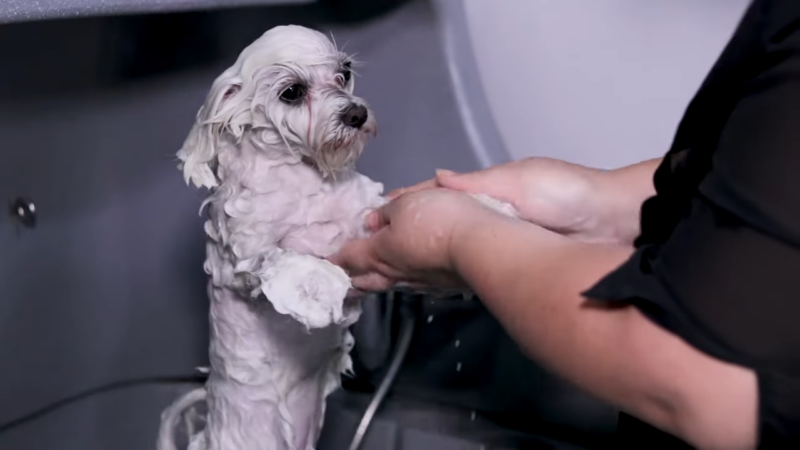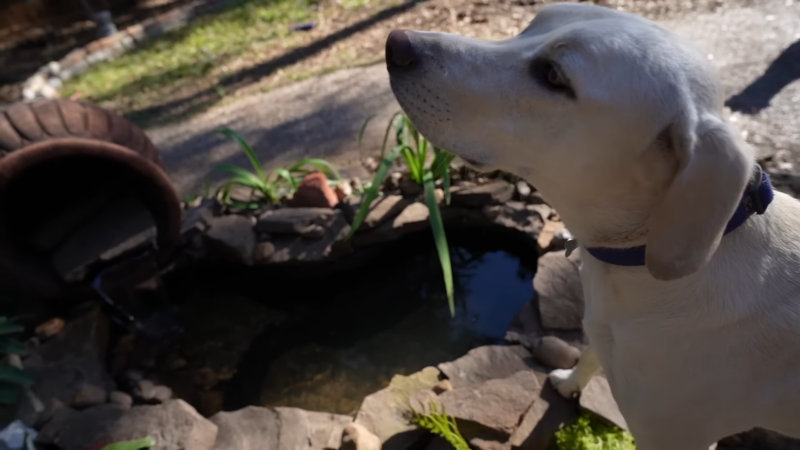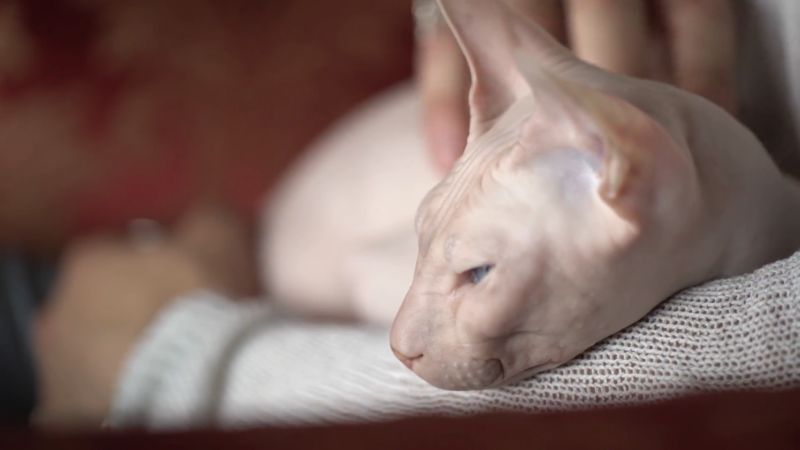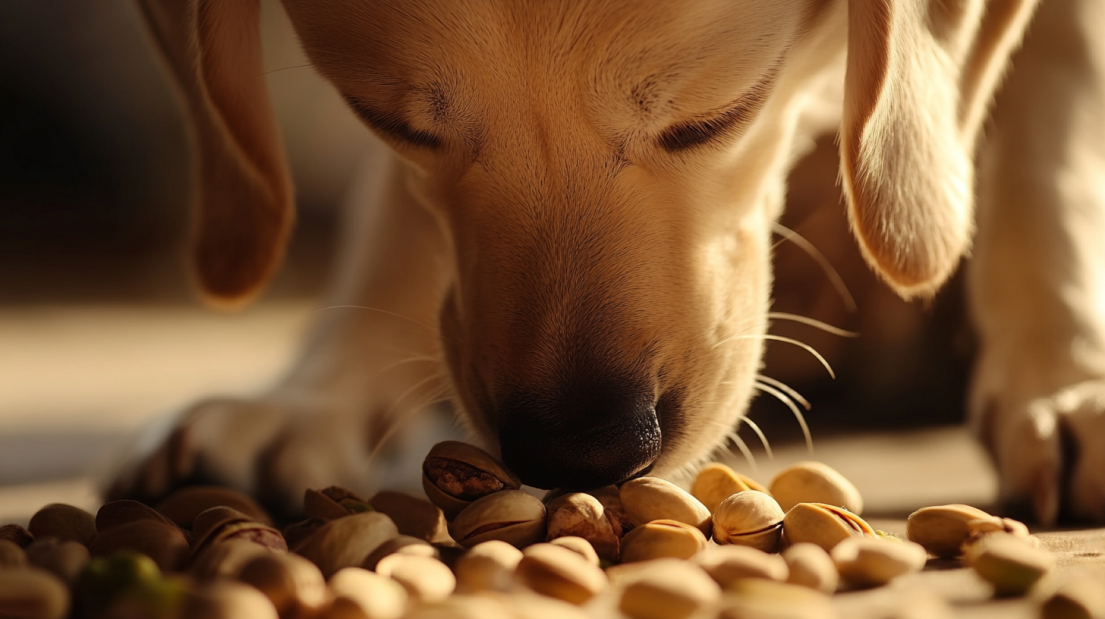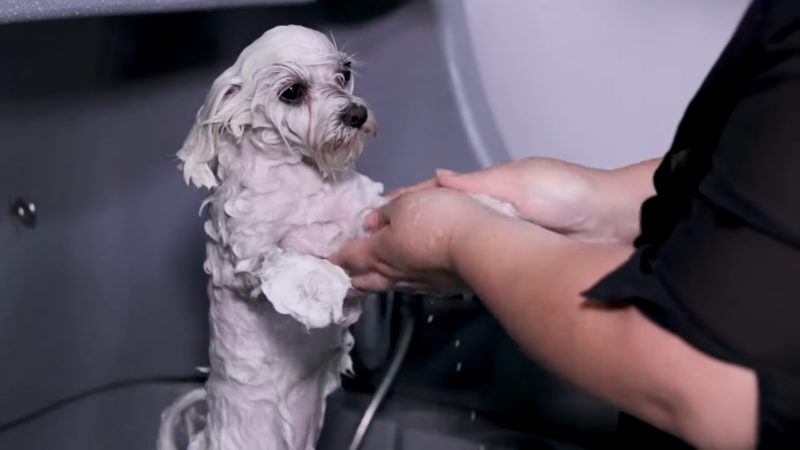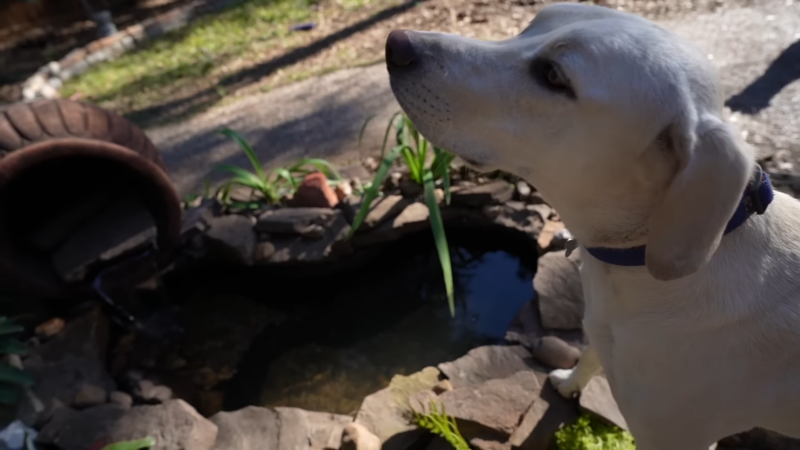
-
Nancy Nixon
- Published:
- Updated: December 29, 2023
- Category: Pet Names and Types
Share Post:
Dogs have been companions to humans for thousands of years, serving as protectors, workers, and friends. Among the vast array of dog breeds, short-legged breeds hold a unique place in the hearts of many.
These breeds, often characterized by their distinct dwarfism known as chondrodysplasia, possess a charm that endears them to people of all ages. This article will explore various family-friendly short-legged dog breeds, discussing their history, temperament, care needs, and why they might be the perfect addition to your home.
| Breed | Origin | Primary Use | Size | Temperament | Health Considerations | Suitability |
|---|---|---|---|---|---|---|
| Dachshund | Germany | Hunting badgers | Standard/Miniature | Playful, Brave, Stubborn | Spinal issues | Watchdogs, Active families |
| Corgis | Wales | Herding | Small | Intelligent, Affectionate, Sociable | Weight gain, Joint issues | Families, Active individuals |
| Basset Hound | France | Hunting small game | Medium | Gentle, Laid-back | Ear infections, Obesity | Families, Those seeking a less energetic dog |
| Scottish Terrier | Scotland | Hunting vermin | Small | Dignified, Loyal | Skin allergies | Individuals or families, Those preferring a dignified dog |
| French Bulldog | France | Companion | Small | Affectionate, Easy-going | Breathing issues due to brachycephalic face | Urban living, Families, Singles |
The Charm of Short Legs
Short-legged dogs are often recognized for their distinctive waddle and endearing proportions. This feature is the result of generations of selective breeding for specific traits, including shorter limbs.
The reasons for breeding such dogs historically ranged from hunting and burrowing capabilities to simply the aesthetic appeal of their compact size. These dogs often exhibit a stout body, a robust and muscular build, and a certain agility and strength that belies their small stature.
5. Dachshund: The Iconic Wiener Dog
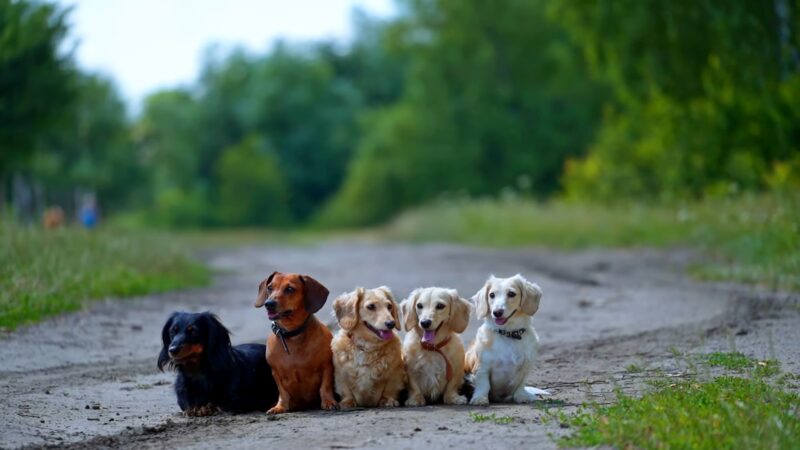
Originating from Germany, the Dachshund is perhaps one of the most famous short-legged breeds. Originally bred for hunting badgers, these dogs are characterized by their long bodies and short legs. Dachshunds come in two sizes, standard and miniature, and three coat types: smooth, wirehaired, and longhaired.
They are known for their playful nature, intelligence, and stubborn streak. Despite their size, Dachshunds are brave and can be quite protective, making them excellent watchdogs. However, their elongated body makes them prone to spinal issues, so care must be taken to prevent injury.
4. Corgis: The Royal Favorite
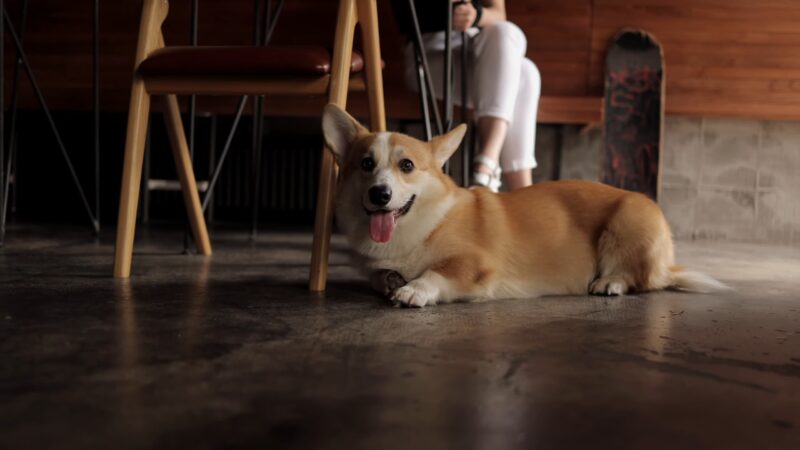
The Pembroke Welsh Corgi and the Cardigan Welsh Corgi, while distinct breeds, both share the short-legged trait and an association with British royalty. Corgis were originally used as herding dogs, a job for which their low stature was beneficial, allowing them to nip at the heels of cattle without getting kicked.
These breeds are known for their intelligence, affectionate nature, and herding instinct. Corgis are sociable, loving, and enjoy being part of the family. Their shedding, however, requires regular grooming, and like many short-legged breeds, they can be prone to weight gain, which should be carefully managed.
3. Basset Hound: The Gentle Aristocrat
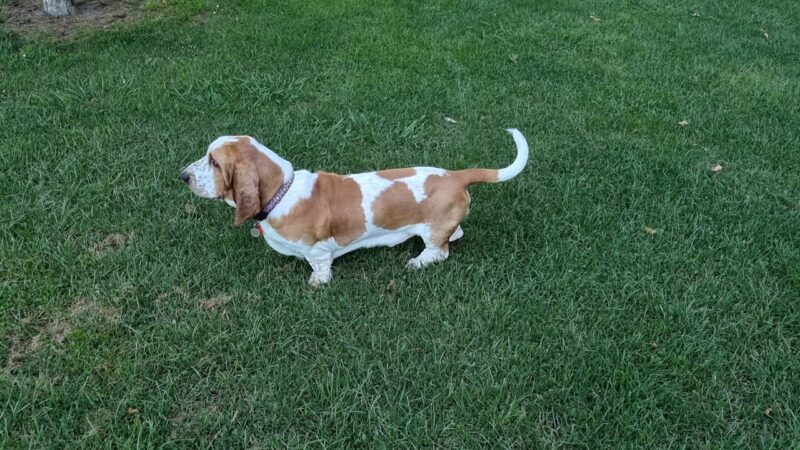
Basset Hounds, with their droopy eyes, long ears, and short legs, are known for their gentle and laid-back nature. Originating from France, these dogs were bred for hunting small game. Their keen sense of smell and low-to-the-ground stature made them excellent for tracking.
Basset Hounds are friendly with children and other pets, making them a great choice for families. They do require patience when it comes to training, and their long ears need regular cleaning to prevent infections. Their calm demeanor makes them a favored choice for those looking for a less energetic but affectionate companion.
2. Scottish Terrier: The Dignified Highlander
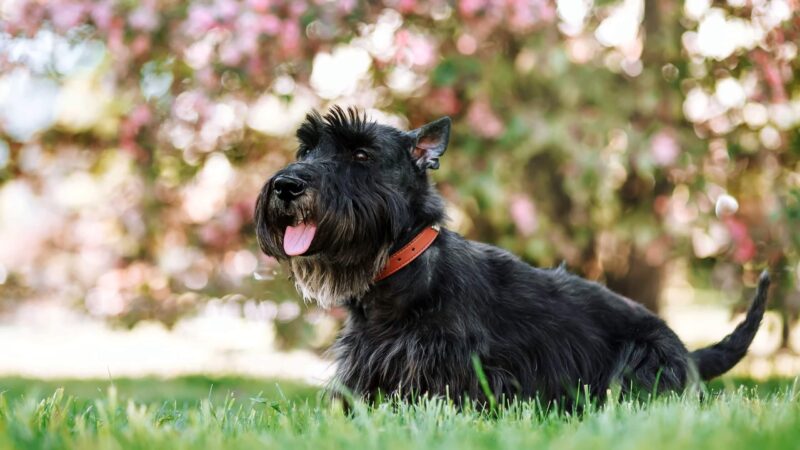
The Scottish Terrier, often known as the “Scottie,” hails from Scotland and is known for its distinctive silhouette and dignified personality. These dogs are small yet sturdy, with a characteristic beard and eyebrows. Scotties were originally bred to hunt vermin and have a strong, independent nature.
They are loyal and protective of their families, often forming a close bond with one particular family member. While they are loving and playful, they also appreciate their independence and can be reserved with strangers. Their double coat requires regular grooming to keep it in good condition.
1. French Bulldog: The Urban Companion
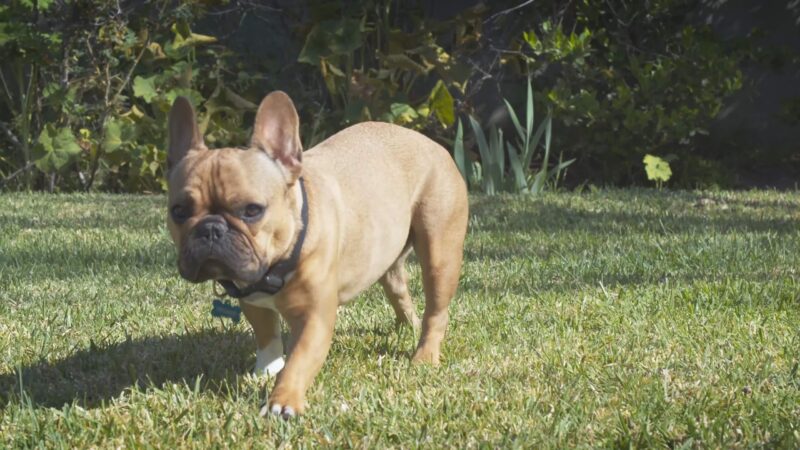
French Bulldogs, with their large bat-like ears and compact, muscular body, have surged in popularity, especially in urban settings. They are known for their affectionate, easy-going nature and adapt well to various living environments, making them excellent companions for city dwellers.
Frenchies are not known for being barkers, which is a plus in densely populated areas. They are playful and love human interaction but aren’t overly energetic, making them suitable for families and individuals alike. However, they are prone to breathing issues due to their brachycephalic face structure, so owners need to be mindful of their health and avoid strenuous exercise, especially in hot weather.
Care and Considerations
Owning a short-legged dog comes with specific considerations. Their unique body structure means they can be susceptible to certain health issues, such as intervertebral disc disease, joint problems, and in some breeds, respiratory issues. Regular veterinary check-ups, a proper diet, and controlled exercise can help manage these risks.
Training and socialization are also key, as some short-legged breeds can be stubborn or have strong prey drives. Providing a loving environment, understanding their breed-specific needs, and regular grooming are all part of the commitment to ensuring these dogs lead a healthy, happy life.
FAQs
How do short-legged dogs fare in terms of agility and exercise?
Despite their small stature, many short-legged dogs are quite agile and enjoy regular exercise. However, due to their unique body structure, it’s important to monitor their activities to avoid injuries. Activities like moderate walking and controlled play are beneficial. High-impact exercises or those that involve a lot of jumping and running on hard surfaces should be limited to protect their joints and spine.
Are short-legged dogs suitable for families with young children?
Many short-legged dogs are known for their friendly and patient nature, making them suitable for families with children. However, like all dogs, they should be supervised when interacting with young kids to ensure the safety of both the dog and the child. Teaching children how to interact with dogs respectfully and kindly is crucial.
Can short-legged dogs live comfortably in apartments?
Most short-legged breeds adapt well to apartment living due to their size and moderate exercise needs. Breeds like French Bulldogs and Dachshunds are particularly well-suited to smaller living spaces. However, potential owners should consider the dog’s need for regular walks and mental stimulation, regardless of the living space’s size.
What are common training considerations for short-legged dogs?
Training a short-legged dog can vary greatly depending on the breed. Some, like the Dachshund, may be more stubborn, requiring patience and consistency. Positive reinforcement techniques work well across all breeds. Early socialization and obedience training are important to ensure they grow into well-adjusted adults, especially for breeds with strong hunting or herding instincts.
How should I adjust my home to be more comfortable for a short-legged dog?
Ensure your home is safe and comfortable for a short-legged dog by providing ramps or steps to access higher areas like the couch or bed, to prevent jumping and potential injuries. Keep floors clear of slip hazards, and consider orthopedic bedding to support their joints. Regularly check that their food and water dishes are easily accessible.
Do short-legged dogs require special grooming care?
Grooming needs vary among short-legged breeds. For instance, the Basset Hound requires regular ear cleaning to prevent infections, while the Scottish Terrier needs frequent brushing and occasional trimming of its wiry coat. All dogs benefit from regular dental care, nail trimming, and bathing. Research your specific breed’s needs or consult with a professional groomer for the best care regimen.
Final Words
Short-legged dog breeds offer a mix of charm, loyalty, and spirited personality that can fit into a variety of family dynamics. Whether you’re drawn to the courageous Dachshund, the noble Basset Hound, the dignified Scottie, the regal Corgi, or the amiable French Bulldog, these breeds each bring their unique flair and affection to a home.
While they may require specific care due to their physical structure, the joy and companionship they provide make the journey worthwhile. As with any pet, it’s important to research and understand the breed’s characteristics and needs to ensure a happy, healthy life together. With the right care and love, a short-legged dog can be a wonderful addition to any family, bringing laughter, comfort, and a whole lot of character.
Related Posts:
- Why Does My Dog Have Black Gums? - Causes, Symptoms,…
- Why Is My Dog Panting and Has Diarrhea? - What You…
- Why Is My Dog's Skin Pink? A Comprehensive Guide
- Dog Pooping Clear Liquid - Why and What to Do
- Why Is My Dog’s Lip Turning Pink? - Pigmentation Explained
- What Kind of Dog Is a Chiweenie? - The Fluffy Weenie


